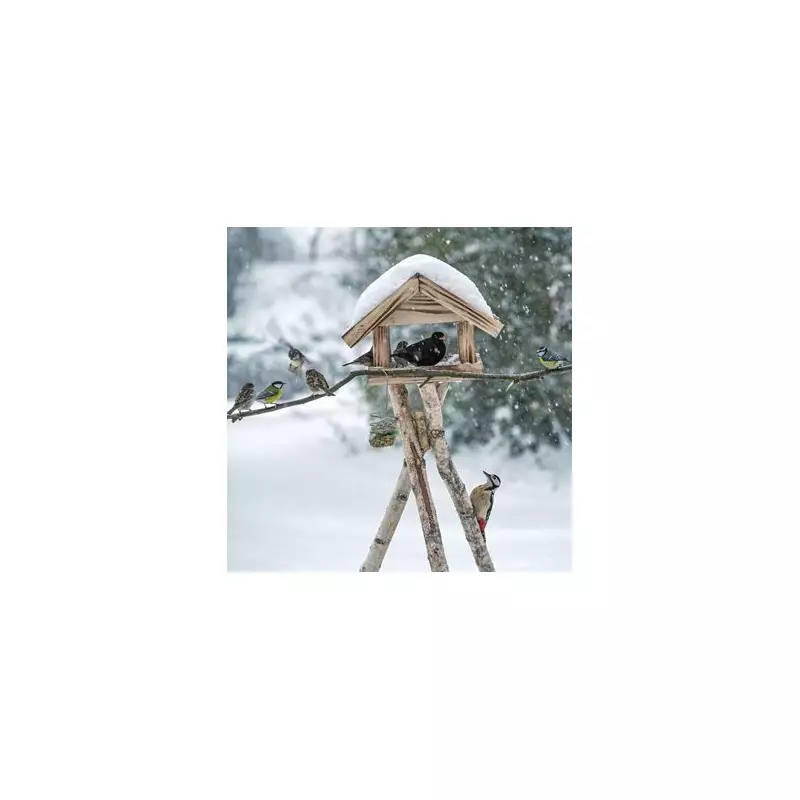
As temperatures plummet across the UK, a leading garden bird specialist has issued a crucial annual reminder to the public about the dangers of feeding inappropriate foods to wild birds.
Lucy Taylor from Vine House Farm Bird Foods emphasises that while winter is a peak time for supplementary feeding, many well-intentioned households are inadvertently putting their feathered visitors at risk with common kitchen scraps.
The Hidden Dangers in Your Kitchen
Lucy Taylor explains that a significant increase in reports of ill or dying garden birds to wildlife charities occurs every winter. Many of these cases are directly linked to unsuitable foods provided by people trying to help.
While specialist bird foods like sunflower hearts, seed mixes, and suet products are perfectly safe, and healthy additions like apples are excellent for attracting species like Blackbirds and Fieldfares, many human foods pose a serious threat.
Eight Foods That Harm Garden Birds
Bread: Although widely known as bad for ducks, bread is equally poor for garden birds like House Sparrows and Starlings. It offers little nutritional value and fills birds' stomachs quickly, discouraging them from seeking more beneficial foods.
Foods Containing Salt: Processed foods like bacon are particularly dangerous. Salt is toxic to songbirds, even in small quantities, making salty bacon fat especially hazardous.
Liquid Fats: Unlike firm suet products, softer fats from cooked meats like roast chicken or turkey can coat birds' feathers. This can severely impede their ability to fly and stay warm.
Desiccated Coconut: This is highly dangerous as it swells inside a bird's stomach after absorbing liquid, potentially causing fatal blockages.
Chocolate: While unlikely to be deliberately offered, chocolate is poisonous to birds and must be kept away from them.
Milk: Birds cannot digest milk, and consumption can prove fatal.
Avocado: Contains persin, a substance that can cause heart damage, breathing difficulties, and sudden death in birds.
Mouldy or Spoiled Foods: Just as for humans, any mouldy food is dangerous and potentially deadly to garden birds.
How to Feed Birds Safely This Winter
Lucy Taylor offers clear guidance for concerned bird lovers. If you are ever in doubt about what foods to put out, play it safe and stick to products specifically designed for wild birds.
She recommends providing commercially available bird foods from reputable suppliers like Vine House Farm to ensure the health and safety of garden visitors during the challenging winter months.





